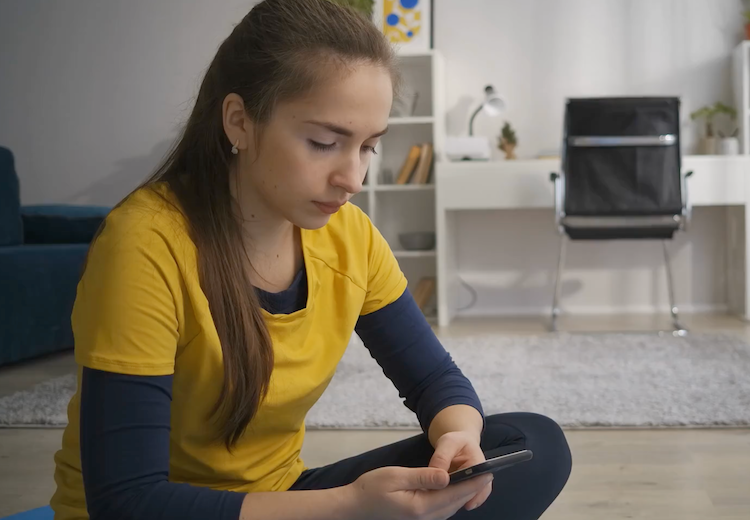More about brain health than mental health?
While it’s still unclear about the true impact of social media on adolescent mental health, there’s little doubt it can hurt their brain health. And that can impact their future.
Insiders and whistleblowers have repeatedly confirmed that social media algorithms are designed to warp the thinking of young minds, addict them before they can self-regulate their feelings, and in doing so permanently rewire, reshape, and harm their brains.
Below are just some of the risks that all parents of young kids and teens need to be aware of.

It can disrupt the dopamine function.
Addicting adolescent users to the instant rush and gratification of meaningless likes, at the expense of much more important reward/motivation cycles.
It's reducing time in nature and with real people.
Both of which are essential to long-term brain health and development.
It's killing their curiosity and their need to think.
Curiosity and thinking are essential for brain, growth, personal development, and neuroplasticity.
It can cause unnecessary stress and distress.
Endless loops of destructive, divisive, offensive, and often violent imagery can lead to unnecessary and damaging distress to younger minds.
It can be very isolating and increase loneliness.
In spite of its emphasis on networking and connections, studies have shown that social media can be very isolating, and increase the harmful affects of loneliness.
It can harm self esteem, self-image, and self confidence.
Few adolescent minds can survive the endless onslaught of pressure on image and success, all of which hurt self-esteem and self-image.
It can hurt happiness.
Constantly comparing themselves to others, and usually failing in the comparison, can have an impact on happiness. Happiness is central to long-term brain health and even life success.
It can increase cynicism.
Cynicism can do almost as much damage to the brain and to life as stress, and can even lead to early cognitive decline.
It's hurting their sleep patterns
Good sleep is essential to long-term brain and mental health.
It can warp the way they think.
The algorithms are designed that way, to warp the way they interact with people, with the world, with news and information, all of which hurts the brain.
It can reshape and misshape their views and values.
Too much time on social media can chip away at real values and replace them with false ones.
It can change the way they trust.
Social media feeds are not created to share what’s relevant or even true, just what’s addictive. That can have an impact on trust.
It can impede social development.
Social media can impede the development of real and essential social, emotional, and communications skills.
It can change the perception and understanding of the world.
Social media is a major source of misinformation and disinformation, of manipulation and conspiracy theories, all of which make it much harder for adolescent minds to get to the truth of anything.
It can increase depression and anxiety.
And especially if the users are already struggling with mental health challenges.
They're not really learning.
Learning is key to brain growth and health, but it has to be learning that stimulates and challenges the brain. Hours scrolling through mindless video loops doesn’t do that.
A threat to brain development
In addition to harming brain health and growth, too much time spent on social media can also impede essential brain development, and at the most important time.